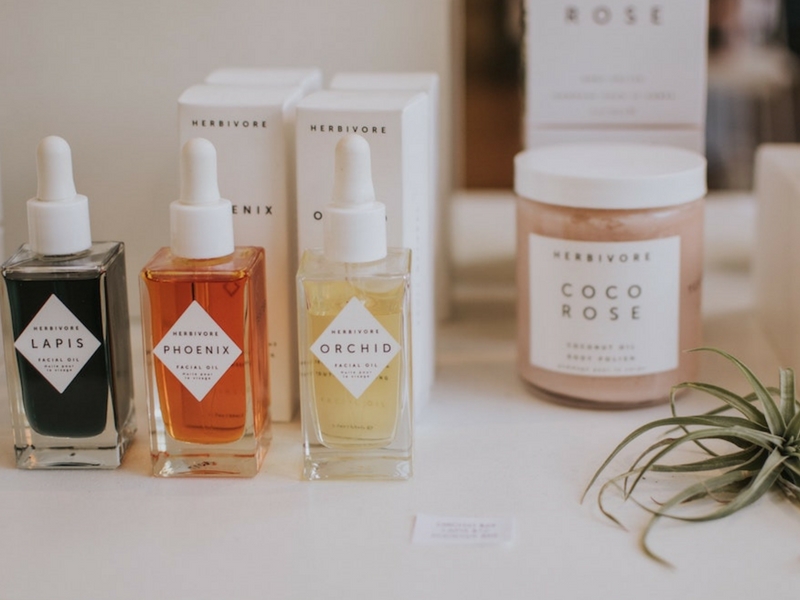For many, winter months are synonymous with bright lights, shiny presents, and holiday cheer. But winter is also a time of wind, snow, and frigid temperatures. This holiday season, prevent skin damage and the onset of premature ageing with these 15 dermatologist recommended tips for skin care during winter.
Notice: This article has been authored by the office of Miami dermatologist Dr. Mariano Busso. It is not meant to give medical advice. Readers must always consult a physician prior to making any change to diet, exercise, medication, or health care regimen.
1. Minimize time in the sauna. Health clubs become a popular social activity during the winter, especially at the start of the New Year. When using a sauna or steam room, remember that skin can become hot and dry. Consider limiting your time in these facilities to keep skin from losing moisture, cracking, and showing signs of stress.
2. Avoid the tanning salon. Along with health clubs, tanning salons see increased business during cold winter months. Although the idea of an instant tan is alluring, especially during the holiday season, remember that tanning beds are correlated with the development of serious skin diseases. Specifically, the Skin Care Foundation reports that new studies “show conclusively that indoor tanning bed use can lead to melanoma [skin cancer].”
3. Use lip balm. If your face is uncovered when walking outdoors, use lip balm to seal-in moisture and prevent the development of cracks and unsightly sores.
4. Shave after the shower. Shaving commonly irritates the skin, but this problem can be exacerbated during the winter. Cold temperatures and dry air can leave skin dehydrated, making it easier to get nicks, cuts, and razor burn. Take a warm shower to soften your hair, apply a lightweight shave cream or gel, and remember to shave in the direction the hair grows to minimize discomfort and irritation.
5. When it comes to showers and baths, think lukewarm. It’s tempting to run a hot shower or bath in the winter, especially when waking up to the feeling of cold sheets. Remember that hot water will only dry your skin more, making it easier to crack and show signs of ageing over time. Instead of running a hot shower, keep water temperature lukewarm to maintain a healthy level of hydration in the epidermis (uppermost layer of skin) and dermis (mid-level layer of skin).
6. Remember to moisturize regularly. Moisturizer is a great way to maintain a healthy level of hydration and colour in your skin. However, it’s important to realize that your needs will change as the weather gets colder. When temperatures drop, change things up with an oil-based moisturizer. Compared to water-based formulas, oil-based moisturizers help the skin retain more moisture in the midst of harsh temperatures and wind.
7. Use sunscreen every day. Just because you aren’t going to the beach doesn’t mean you should shelf your sunscreen. The skin still receives exposure to harmful UVA and UVB rays during the winter, which can cause damage over time. Use sunscreen on all exposed skin when spending time outdoors, especially when skiing, hiking, or sledding.
8. Show extra love to your hands. This winter, pay attention to the way your hands look and feel. Skin surrounding your palms and fingers is thin compared to other areas of the body, which makes it difficult to stay naturally hydrated, especially when exposed to cold air, wind, and snow. Always wear gloves, and invest in an oil-based hand lotion to use throughout the day.
9. Always wear dry gloves. If your gloves are wet from the day prior, dry them out with a hairdryer or quick drying machine cycle before wearing them. Wet gloves can irritate the delicate skin of the hands, thumbs, and fingers. In some cases, wet cotton or wool can cause irritation, discomfort, and may worsen the symptoms of eczema.
10. Invest in a humidifier. One of the best ways to keep skin moisturized during the winter is through the use of a humidifier. These machines are affordable, and they infuse the air with moisture. Humidifiers are a great addition to the office, bedroom, or any indoor space where you spend a lot of time.
11. Carry a thermos with water. Of course, it’s important to remember that skin hydration occurs from the inside-out, too. Drink plenty of water this winter to ensure optimal health of not just the skin, but of the entire body and immune system as well.
12. Enjoy a morning cup of green tea. A hot cup of coffee can quickly warm the body on even the coldest of winter mornings. However, consider swapping that coffee for green tea to get the added benefit of skin-nourishing antioxidants. Green tea is also lower in caffeine, a stimulant that is known to dehydrate the skin when consumed excessively.
13. Show your feet some tough love. Exfoliate regularly to remove excess dry skin, and invest in a strong lotion to ensure deep penetration. Feet need a little extra care in the winter, so consider heavier lotions that contain petroleum jelly.
14. Consider reducing harsh facial treatments. Chemical peels, exfoliators, and toners can still be used during the winter. However, use caution and do so under the supervision of a licensed dermatologist to ensure delicate facial skin is not damaged.
15. Find a local dermatologist. A local dermatologist is your best bet for keeping skin healthy throughout the year. Dermatologists are licensed medical professionals who specialize in evaluating, diagnosing, and treating skin conditions. Dermatologists have the experience and expertise to know when prescription medications are needed, or when a cheaper over the counter product will suffice. By visiting a professional, you may rest assured that you are always receiving the safest and most effective skin care advice and treatment.


No comments
Post a Comment